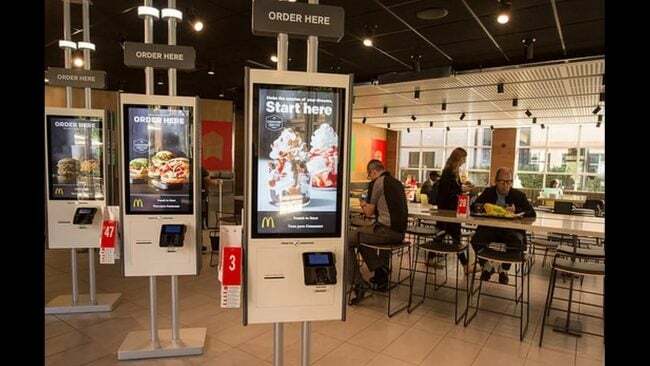Populism’s Big Mistake

Populism is often associated with the left but can also come from the right. And in 2020 we’re seeing it from both Sanders and Trump, albeit in different ways.
What makes them populist is not any particular policy, but rather a narrative that says the everyperson is being trampled upon by the elites, and this candidate—whether that’s Trump or Bernie—is the one to stop it from happening.
In Trump’s case, he says it’s the liberals and elites and silly government that have become the oppressors. They’re the elites. They’re the ones who’ve damaged the fabric of the nation that used to prioritize the everyman. And he’s going to make things great again.
That’s a clear narrative. And a populist one.
For Bernie it’s even more clear. There’s too much separation between the rich and the poor. Billionaires are paying way too little in taxes. Healthcare costs too much. Etc. Etc. Basically the rich are thriving, and everyone else is suffering. And he’s the guy to turn that around and make the rich pay their share and bring prosperity back to the masses.
That’s a clear narrative. And a populist one.
In my mind, both are broken for different reasons, but I’m not interested in talking about overall policy here.
What I’m interested in is something I hear from Elizabeth Warren, which is someone who looks perilously—if I were her advisor—like a light version of Bernie.
One of her main narratives, which is either implied or explicit in both Bernie’s and Trump’s rhetoric, is that you used to be able to thrive on a single basic salary, and that we need to return to that.
In this way, quite ironically, she and Bernie are actually talking about making America great again too.
They think the problem is corporate greed, Malignant Capitalism, wealth inequality, and all the boogeymen of the left. Trump’s version of this is even more based in fantasy, becuase it’s about bringing human manufacturing jobs back to prominence, and back to America.
They have different ways of getting there, but both are making the critical error of not realizing that something fundamental has changed between 20-60 years ago and today.
The story isn’t that Leftist Elites have given away all the good (white Christian) Americans’ jobs. And it’s not that Corporate Greed has sucked the life force out of everyday jobs that used to support an entire household.
The real story, and the reality that we must face as a civilization, is that most human work is simply less valuable than it used to be due to automation.
Yes, a minimum wage job used to support a household. Yes, there used to be tons of manufacturing jobs that paid quite well and supported entire communities. But those were not stripped away by the evil genius political machinations of the opposition.
They were stripped away by progress.
American manufacturing is actually quite healthy; it simply needs fewer humans to function. And those minimum wage jobs are still there; they just don’t pay as much anymore.
Political policy does not have the power to oppose the economics of technological change, and it’s foolish to try. Repeat after me.
Automation is reducing the value of human work.
Automation is reducing the value of human work.
Automation is reducing the value of human work.
This is the truth that any clear-headed politics must deal with, and that’s why I was such a supporter of Andrew Yang. He actually called this out as our primary challenge going forward, and was looking for ways to address it.
Bernie, Warren, and Trump are all trying to make America great again by returning to the past, but that’s not the way time works.
Time moves forward.
The only way to make everyday jobs great again is to make automation shitty again. And that just isn’t going to happen.
Anyone serious about fixing things for the average worker needs to find a way to provide them both income and meaning in a world where the types of jobs they used to do are no longer valued as much.